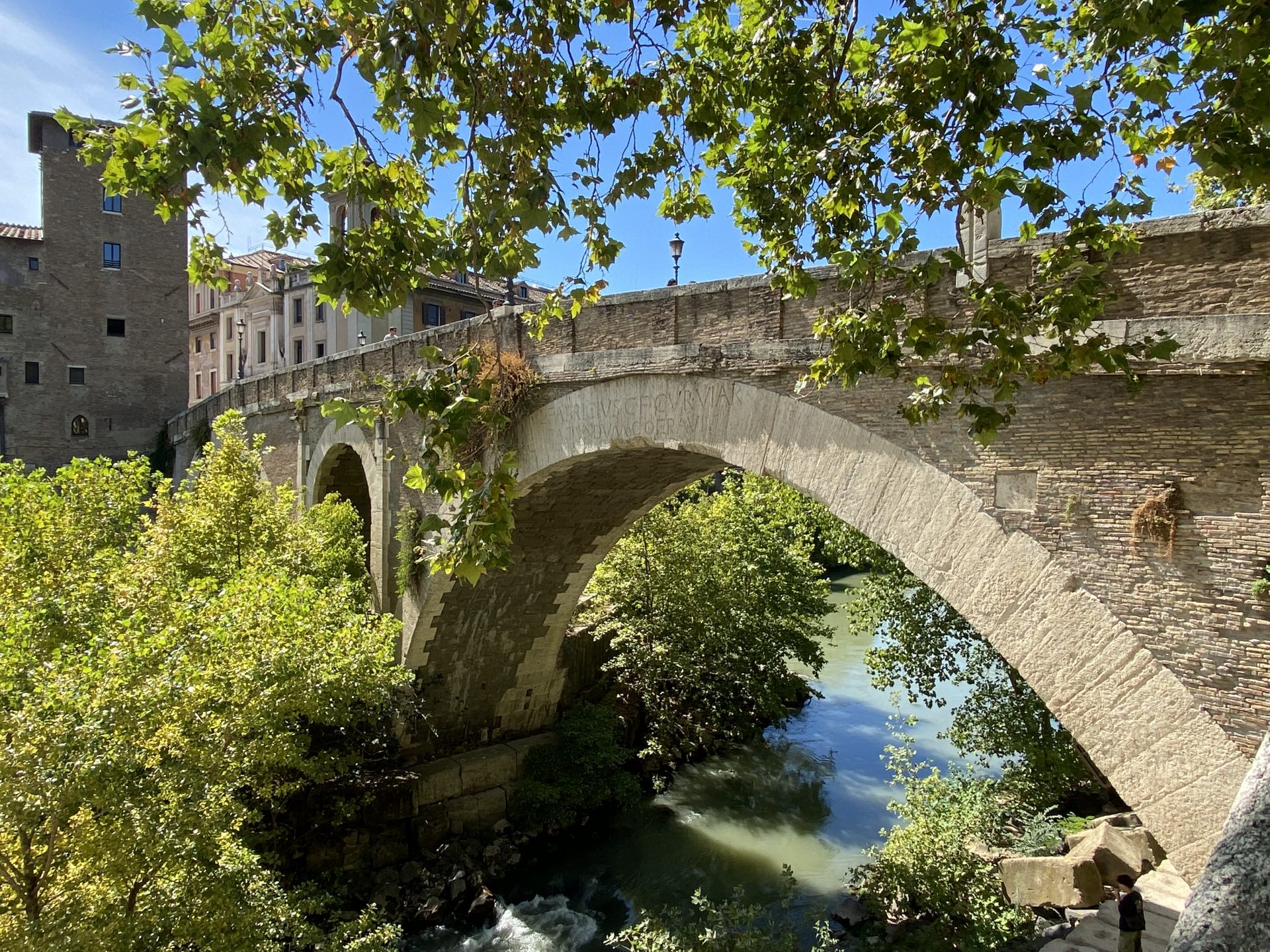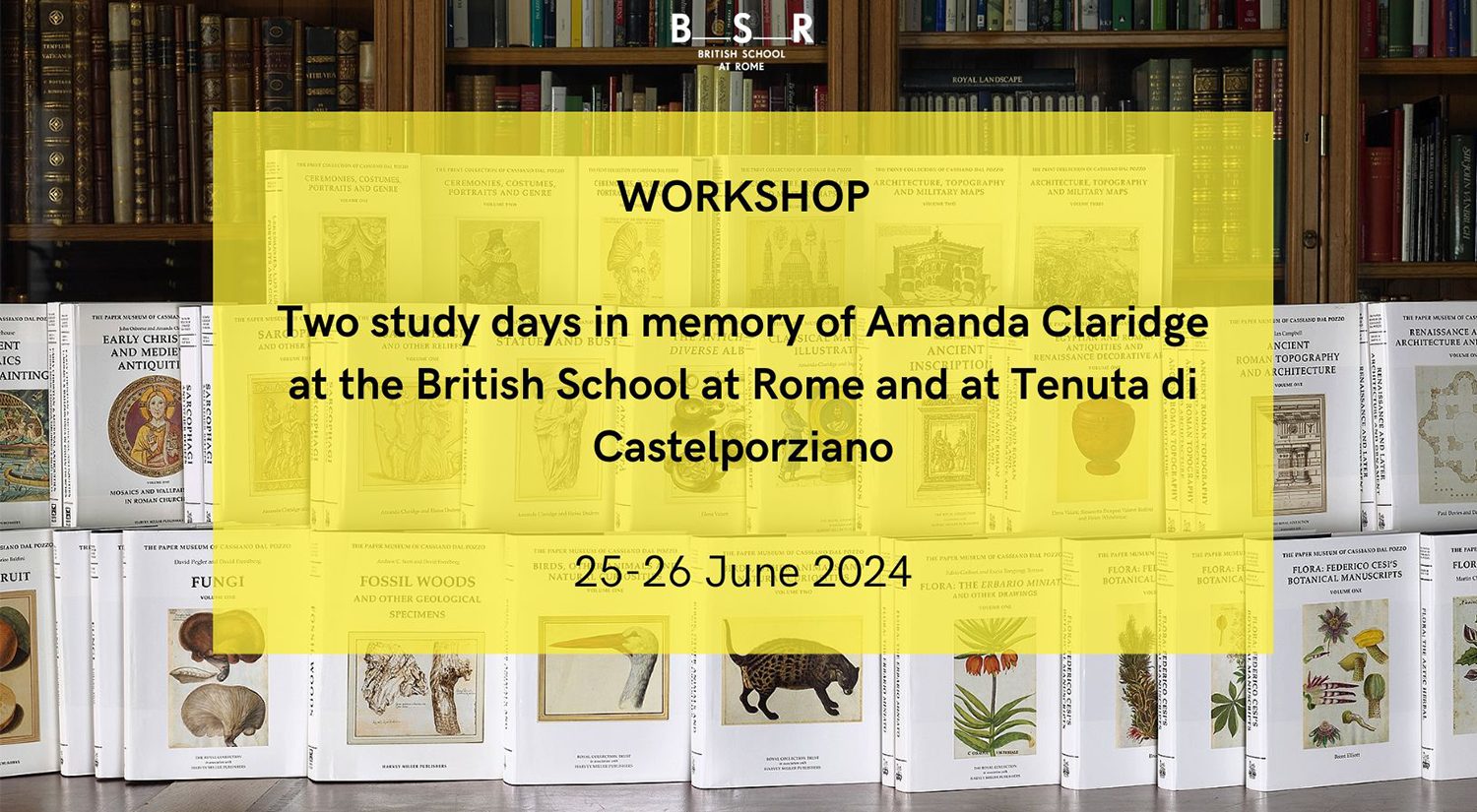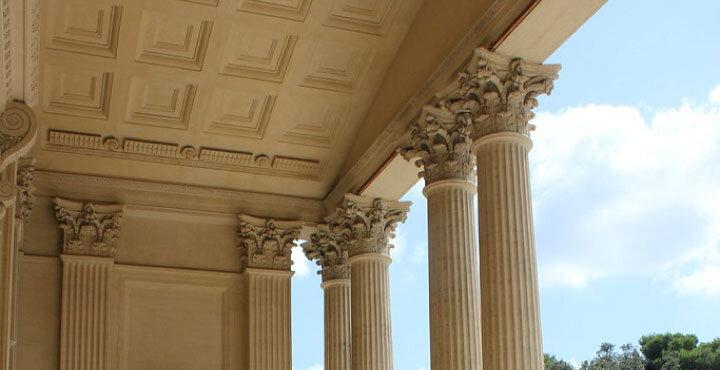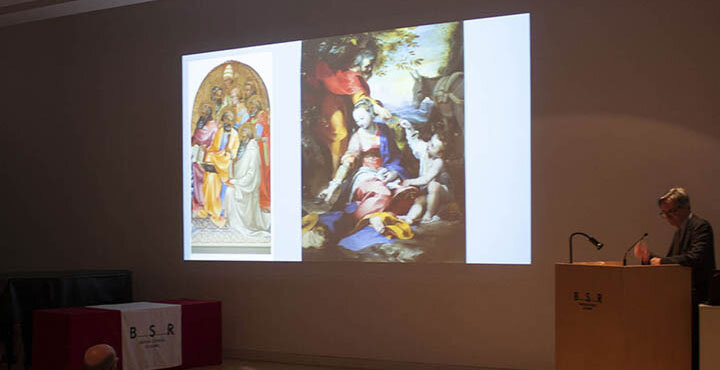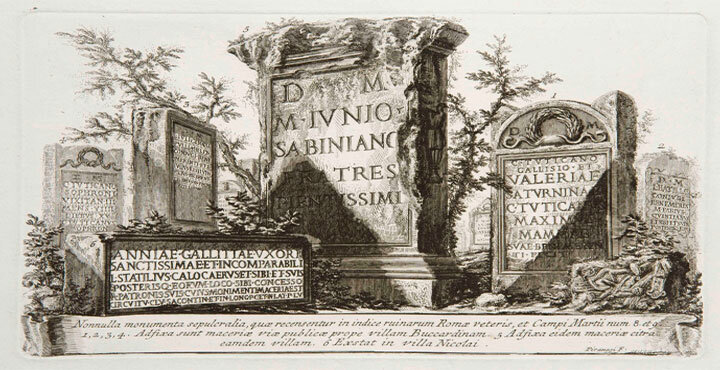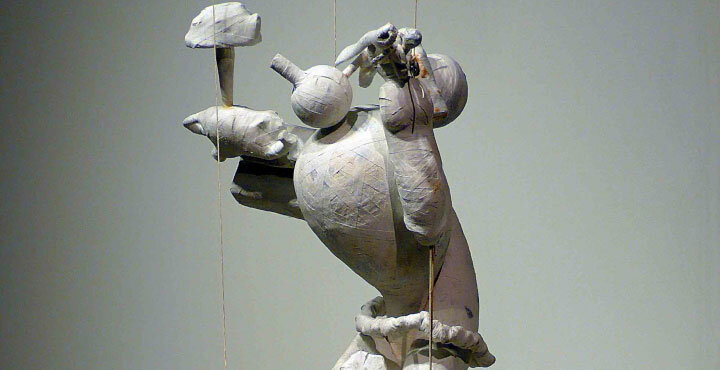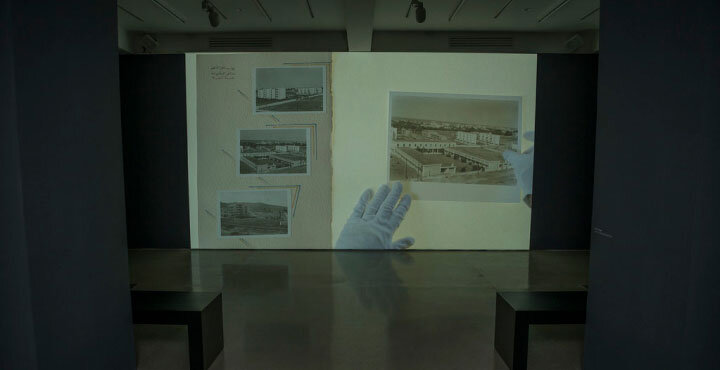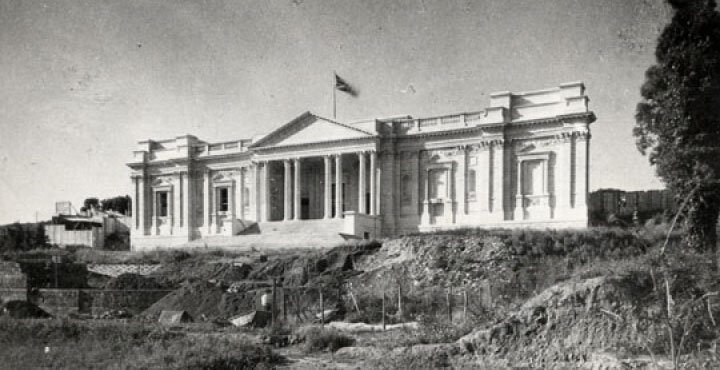In two recent and authoritative companions to the City of Rome (Erdkamp 2013; Holleran & Claridge 2018), the republican period stands out by its near absence, at least in terms of receiving significant discrete treatment. While it would be wrong to deduce that republican Rome is currently suffering from a ‘crisis of (in)visibility’ – after all there has been no shortage of excellent work on the city in this period (among many others Davies 2017) – the virtual elision of this period of the city from such important introductions, which will shape student perspectives, invites explanation. Possible factors include differential preservation with respect to the imperial city; the disproportion between the evidence for earlier and later periods; the relative grubbiness, the essential wear and transitional nature of a tufa-heavy monumentality, or the eroded lumpiness of the early concrete architecture; perhaps a feeling that somehow republican Rome is more rebarbative – an era of greater elite exclusivity, more limited social mobility and limited diversity – has devalued the city of that era as an obvious object of study. One other factor is likely to be the fundamental discontiguity and fragmentariness of the known archaeology. Unlike imperial Rome, its predecessor is often hard to approach because isolated pockets of material culture within the imperial stratigraphic matrix resist re-integration. The ‘spatial’ turn of the 1990s, and the more recent ‘movement turn’, not to mention the more ‘sensory’ turn of recent years, struggle to gain traction on republican Rome because they are all experiential – that is, they require the ability to imagine or reconstruct different kinds of human interaction within an unimpeded, accessible, liveable cityscape. For imperial Rome the size of many individual structures, their preservation over a significant surface area, the degree of knowledge accumulated through excavation, and the existence of the Severan Forma Urbis, all promote a fairly close approach to such an integrated city. By contrast the broken and insular nature of much republican archaeology has meant that much study has tended to be introverted, at the level of individual buildings, and not outward looking and seeking to understand the republican city as the spatial expression of an integrated social, cultural and economic entity; there cannot be a phenomenology of the occluded. This lecture will offer a historian’s perspective on possible approaches to reconstituting a unified and coherent (or perhaps incoherent but integrated) republican space (and thus spatiality) at a city-wide level.
This event will be in English.
CITY OF ROME LECTURE SERIES
—————————————————————————————————————
After a doctorate at Oxford, Dr Ed Bispham became a BSR Rome Scholar (1994/5); he then moved to the University of Edinburgh, before returning to Oxford to teach ancient history, while co-raising his family. Bispham’s research has examined institutional consequences of Roman hegemony in Italy, and the adaptations of the Italian peoples to Roman power. The latter entailed an engagement with Italian archaeology and landscapes; he co-directed the Sangro Valley Project (1999-2012) and has been involved in other survey and excavation work in southern Abruzzo. He has since 1999 been privileged to help, on and off, with the BSR’s undergraduate summer school on Roman topography, part of a long-standing link with the BSR which he greatly values.
The event will be held both in-person and online. No registration is required to attend in person, to attend online please register on zoom. We look forward to seeing you soon!

